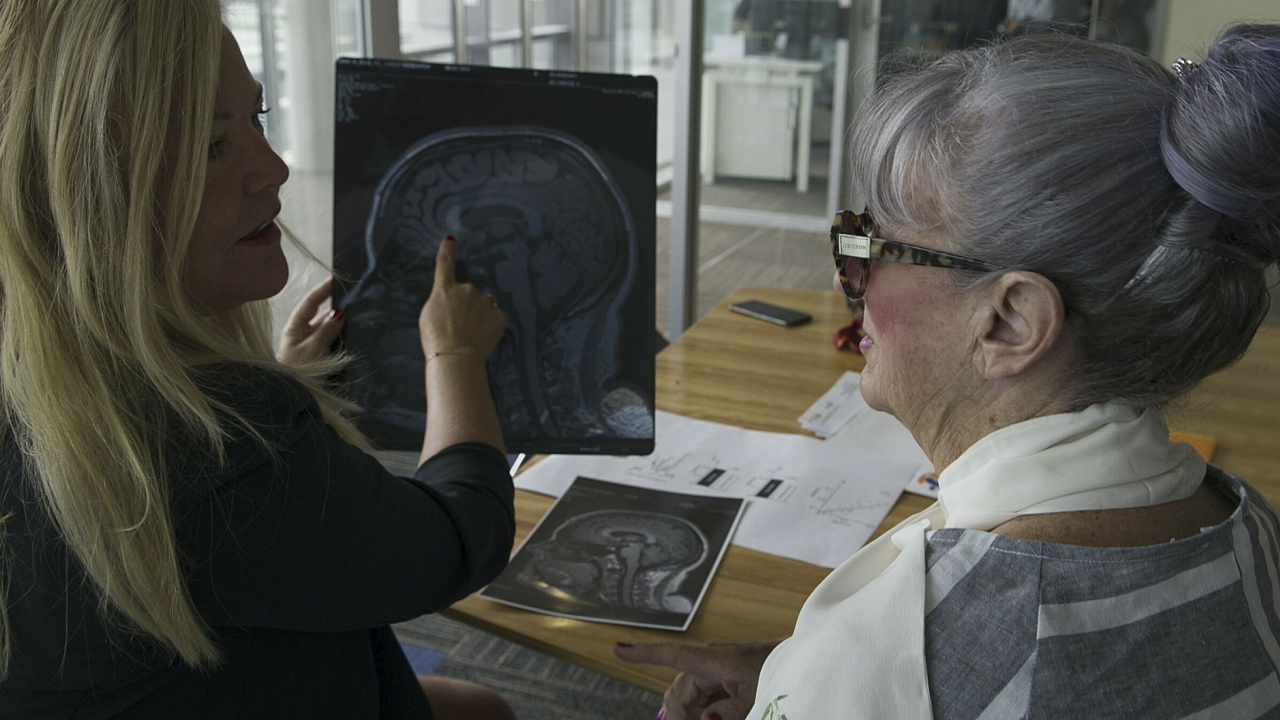In a world-first, Australian researchers have found that people with chronic pain experience physical alterations in their brain that likely leads to negative changes in their personality.
The study by Associate Professor Sylvia Gustin from Neuroscience Research Australia and University of New South Wales, discovered that people with chronic pain have smaller amounts of the brain’s key chemical messenger, glutamate, in the brain region responsible for regulating thoughts and emotions.
“The study shows people with chronic pain experience disruptions in the communication between brain cells. This could lead to a change in personality through a reduction of their ability to effectively process emotions. This will make them more negative, fearful, pessimistic or worried,” said Associate Professor Gustin.
Researchers studied participants with chronic pain and found that the lower the glutamate levels within the medial prefrontal cortex, the more a person experienced these negative personality changes.
“The impact of this discovery could be huge. This finding indicates we could increase the brain’s key chemical messenger, glutamate, to improve associated mental health problems in people with chronic pain,” said Associate Professor Gustin.
There are currently no drugs that directly target the decreased glutamate levels in the medial prefrontal cortex experienced by people with chronic pain. Associate Professor Gustin will now test whether increasing glutamate levels will reverse negative personality changes caused by pain.
One in five people have chronic pain and Associate Professor Gustin said her study could re-shape thinking about people who have this condition.
“People with chronic pain are often unfairly labelled as having certain personality traits that make them more likely to experience pain,” said Associate Professor Gustin.
“But through this new discovery, we now know that the brains of people with chronic pain have changed physically. This change, rather than an inherent personality trait, may cause them to develop a negative temperament, which could be impacting on all aspects of their life,” she said.
The discovery of low glutamate levels was made through cutting-edge brain imaging in the medial prefrontal cortex of people with chronic pain. The study’s findings have today been published in the research journal Frontiers.




